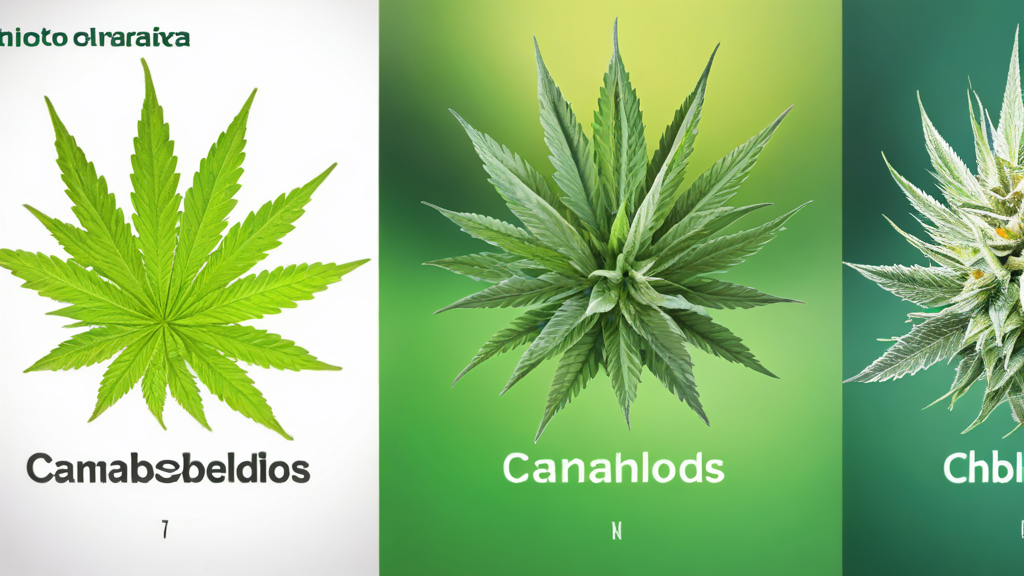Introduction
CBDA, or cannabidiolic acid, is one of the cannabinoids present in Cannabis sativa L. Although less known than CBD, CBDA has its own potential and beneficial properties. In this article, we will explore in detail what CBDA is, how it is formed and what its possible applications are in the scientific field.
What is CBDA?
CBDA is an acidic compound found in marijuana and hemp plants. It is a precursor to CBD, meaning it quickly converts to CBD when exposed to heat. Although CBDA is not as well-known as CBD, it is gaining recognition in the scientific field due to its unique properties.
Formation of the CBDA
CBDA is formed from CBGA, a compound present in the early stages of the hemp life cycle. As the plant matures, CBGA binds to an acidic compound and splits into three different cannabinoids: CBDA, CBCA, and THCA. These acidic cannabinoids are the precursors to more well-known cannabinoids, such as CBD.
CBDA Applications
Although research on CBDA is in its early stages, some promising potential applications have been discovered. Some studies suggest that CBDA may have positive effects on areas such as anxiety, nausea, inflammation, and cancer cells. However, more research is needed to fully understand the potential of CBDA in these areas.
CBDA and Anxiety
CBDA has been found to have a binding affinity for serotonin 5-HT1A receptors, which are linked to mood and anxiety. Some studies suggest that CBDA may have a modulating effect on these receptors, which could be beneficial for mood disorders such as anxiety.
CBDA and Nausea
Preliminary research has shown that CBDA may have antiemetic properties, meaning it may help reduce nausea. These studies have been conducted in animals and show promising results, but more research is needed to confirm these effects in humans.
CBDA and Inflammation
Some studies suggest that CBDA may have anti-inflammatory properties by inhibiting the COX-2 enzyme, which is involved in the body’s inflammatory process. However, more research is needed to fully understand the effects of CBDA on inflammation and how it compares to other cannabinoids like CBD.
CBDA and Cancer Cells
Initial research has explored the potential of CBDA in cancer treatment. Some studies have shown that CBDA may have anti-tumor properties and may inhibit the migration of cancer cells. However, more research is needed to fully understand the effects of CBDA on different types of cancer and its potential as a treatment.
Conclusions
In short, CBDA is a lesser-known cannabinoid found in Cannabis sativa L. Although it is a precursor to CBD, CBDA has its own potential and beneficial properties. Initial research suggests that CBDA may have positive effects on areas such as anxiety, nausea, inflammation, and cancer cells. However, more research is needed to fully understand the potential of CBDA and its application in science.
